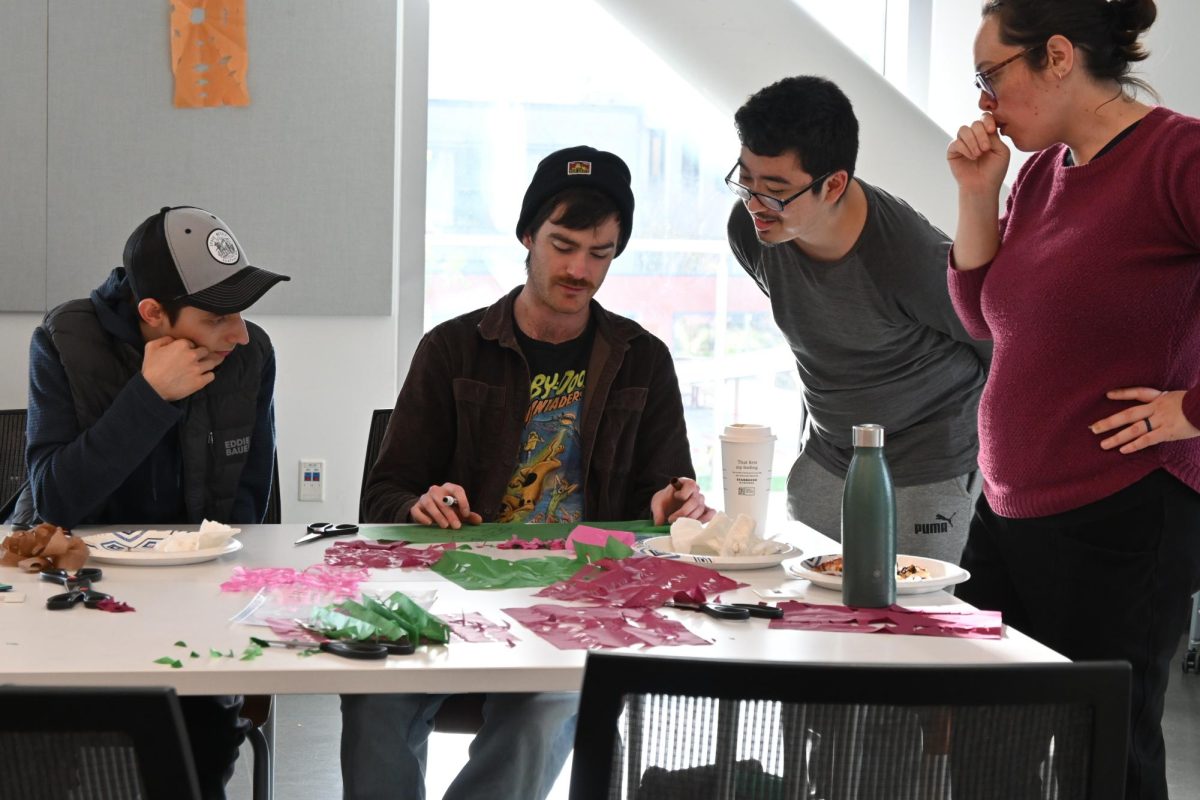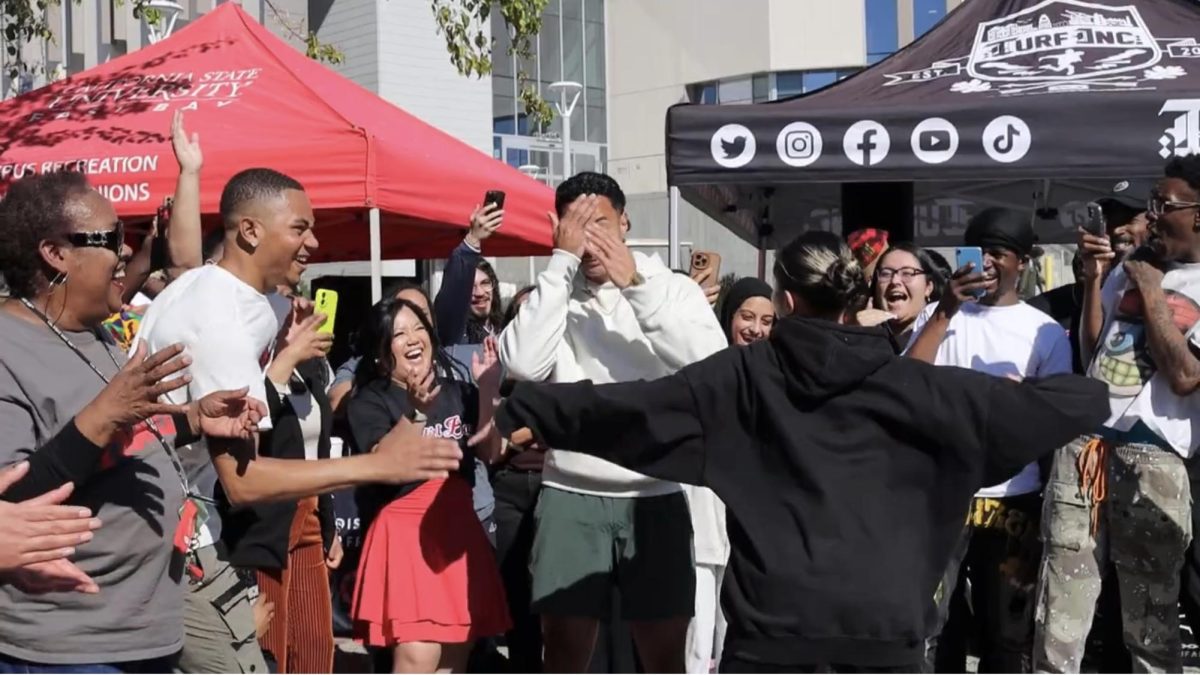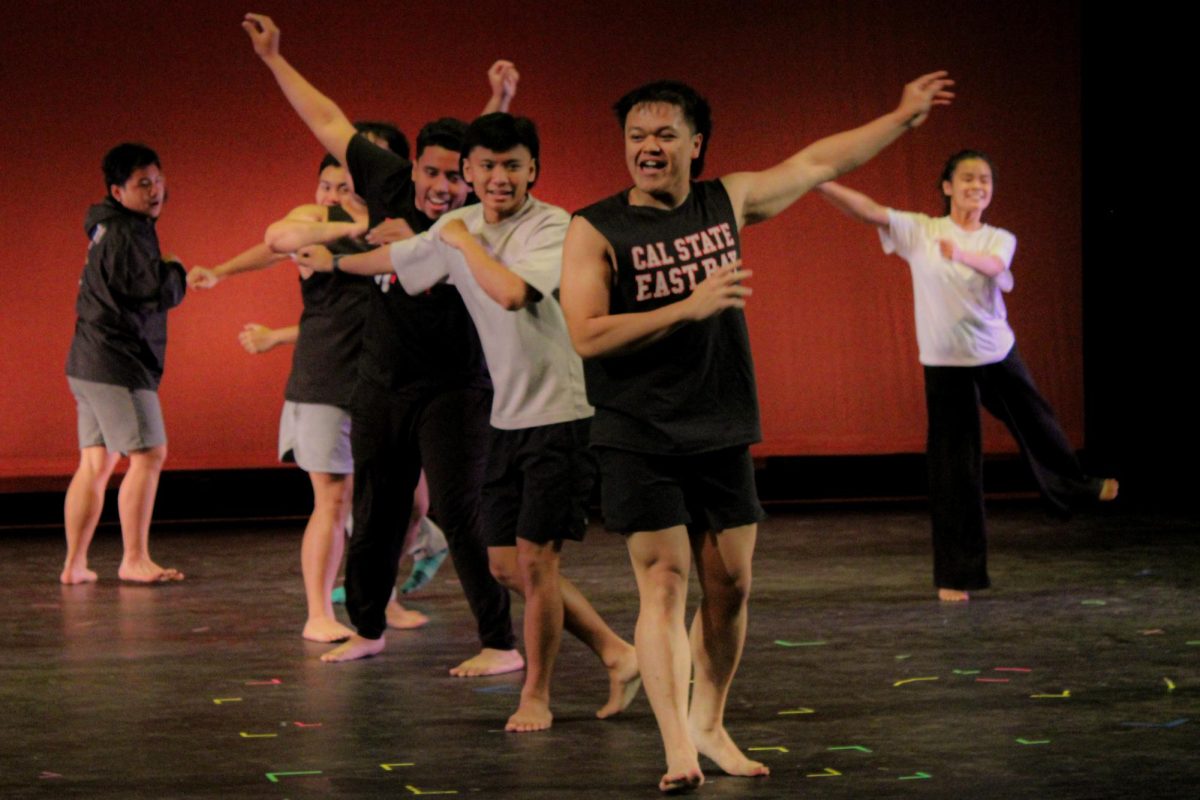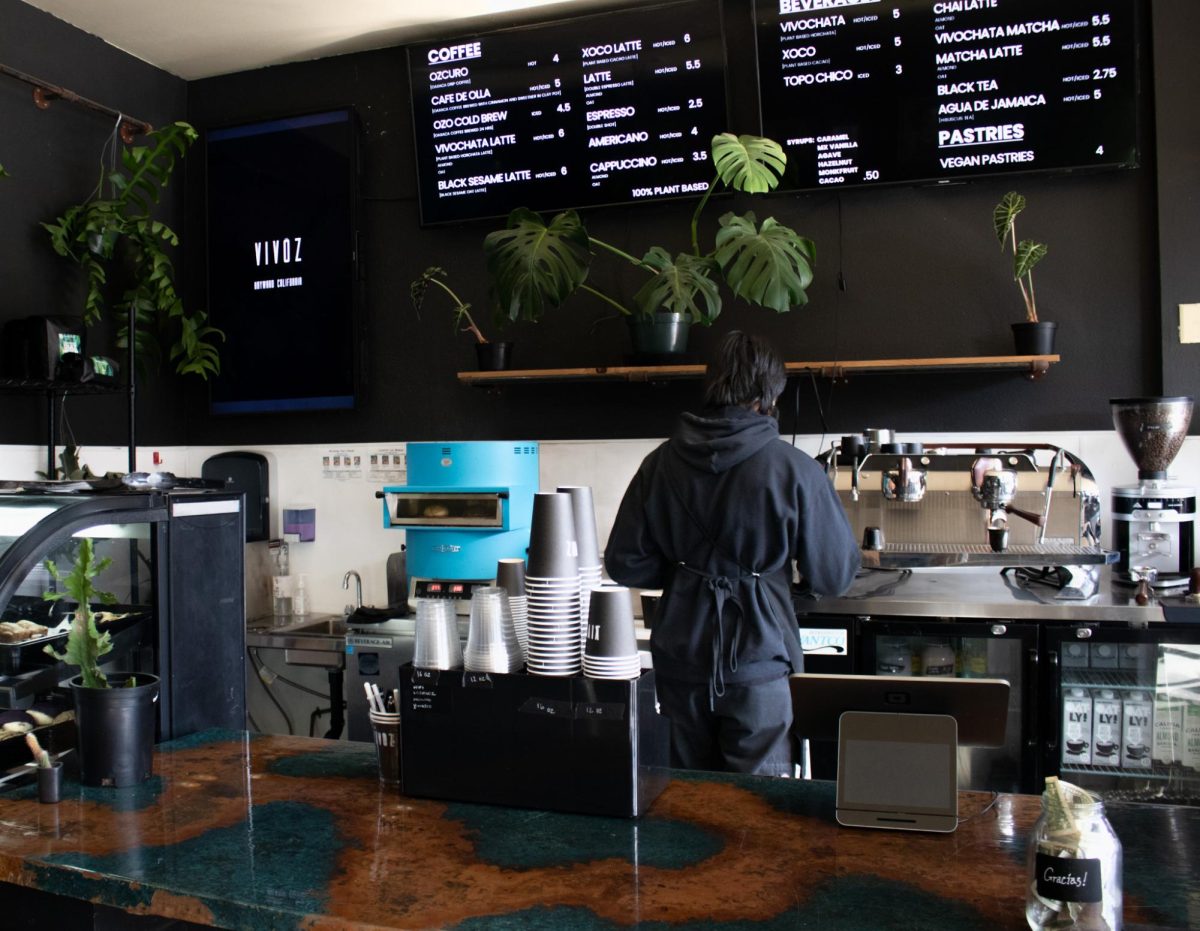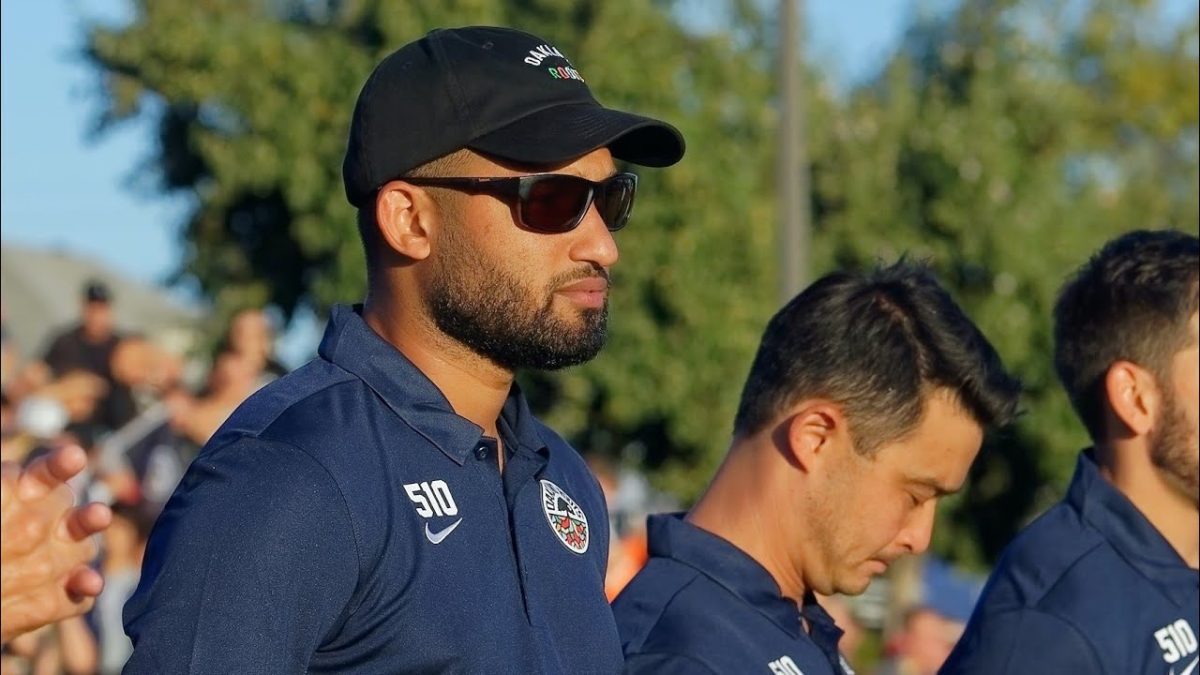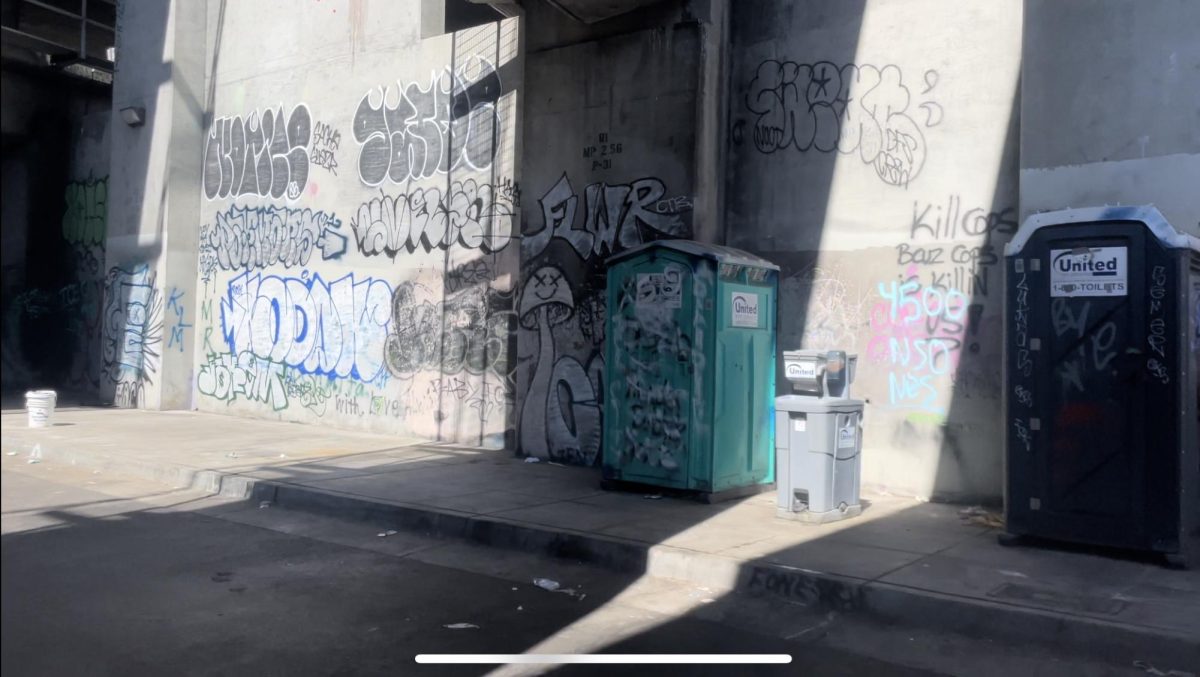The worst U.S. recession since the Great Depression has hurt more than half of the American population—especially young people, minorities and those with only a high school education or less.
Everyday, millions continue to suffer from unemployment, foreclosures, reduced paychecks and diminished household budgets.
“I am in that small percentage of people whose parents make just enough money to where I don’t get financial aid, but not enough for me to live struggle-free,” said student Jordan Battle. “I hear people in the dorms complaining about meal plans and having to pay for cable. I haven’t had a television in two years!”
Battle had to look up inexpensive rooms on Craigslist because he has no family nearby to help in out.
After the bus line to CSUEB started to charge students again, Battle has had a difficult time finding affordable transportation from her residence three miles away.
“It has been hard adjusting to the environment,” said Battle, “and it isn’t like I can just go home every weekend to see my family. It doesn’t work that way.”
Whether they live at home, in the dorms, or on their own, students have been hit hard. Increasing tuition and parking fees, limited job opportunities and unavailability of classes have all caused students to make lifestyle changes, adjustments, and, in some cases, major sacrifices.
“When I found out that the price for living on campus had gone up, I decided to move back home,” said Christina Neal. “I don’t have a car of my own, but luckily my grandmother gave me access to hers. I had to come out of pocket for my books, since financial aid didn’t arrive until the third week of school. While I was still waiting for my financial aid check, I had to get my phone shut off so I could use that money for books. I was scared and worried that I wasn‘t going to be able to do well in my classes.”
The unpredictability of financial aid disbursement makes it difficult for students to make plans, because not only are they unsure about how much money they will receive, they don‘t know when the check will arrive.
“As a student at CSUEB, I loved the school and the people,” said former student Vanessa Friscina. “But with the new housing costs, rise in book fees, increased tuition and less available classes there was no way I could continue living and going to school at East Bay.”
Friscina is currently working overtime to pay off loans she acquired while attendance at CSUEB.
“This recession has screwed things up for me,” added Friscina. “I was unable to have a smooth college experience and graduate where I started. Now I’ll have to go through at least two colleges, probably more, in order to accomplish my goal of getting a degree.”
This recession isn’t just hurting the students. Out of the three faculty members I tried to interview, one professor, who wished to remain anonymous, spoke out about recent sacrifices that had to be made.
“I had to move in order to accommodate the 10% furlough”, said the professor. “I stepped down some $600 in rent. I also had to take my child out of a private school, and enroll into a public school.”



